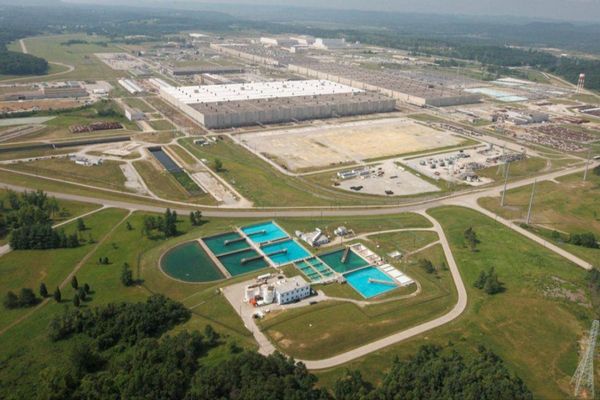
Russia has recently ramped up its imports of gasoline from Belarus due to a decline in domestic supplies. This move comes as a response to the shrinking availability of gasoline within Russia.
The increase in gasoline imports from Belarus is a strategic decision by Russia to meet the growing demand for fuel within its borders. Belarus, a neighboring country, has been able to provide a reliable source of gasoline to help alleviate the shortage in Russia.
The rise in gasoline imports highlights the interdependence between Russia and Belarus in the energy sector. Belarus has emerged as a key supplier of gasoline to Russia, ensuring a steady flow of fuel to meet the needs of Russian consumers.
Experts suggest that the surge in gasoline imports from Belarus underscores the challenges faced by Russia in maintaining its domestic fuel supply. Factors such as production disruptions and logistical issues have contributed to the decline in gasoline availability, prompting Russia to seek alternative sources of fuel.
While the increase in gasoline imports from Belarus has helped mitigate the shortage in the short term, it also raises questions about Russia's long-term energy security. The reliance on imports from neighboring countries exposes Russia to potential supply disruptions and geopolitical risks.
As Russia continues to navigate its energy challenges, the country may need to explore diversification strategies to enhance its energy security. Developing domestic production capabilities and investing in infrastructure could help reduce Russia's dependence on external sources of gasoline.
In conclusion, the recent surge in gasoline imports from Belarus reflects Russia's efforts to address the decline in domestic supplies. This development underscores the importance of strategic partnerships and diversification in ensuring energy security for Russia in the future.







